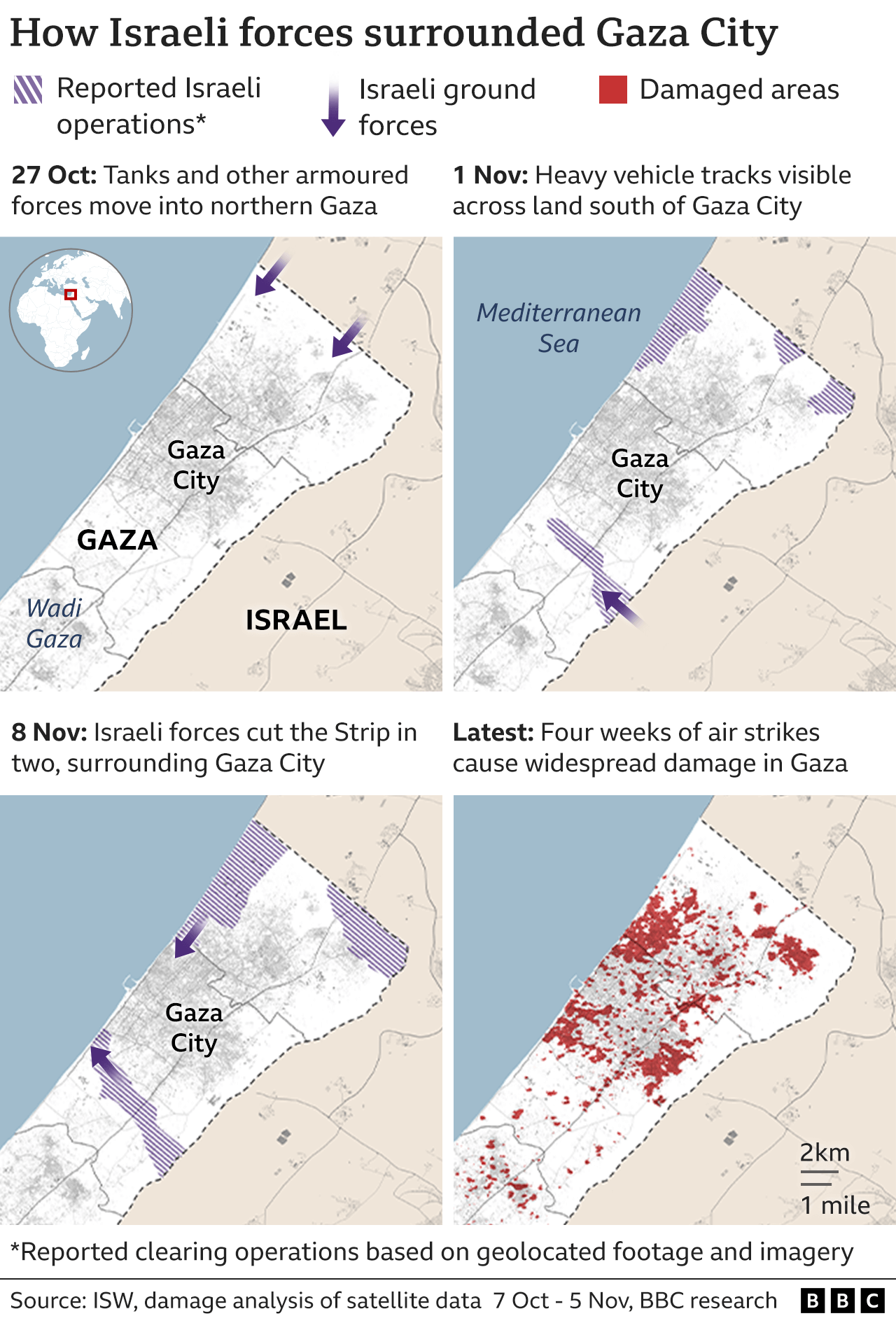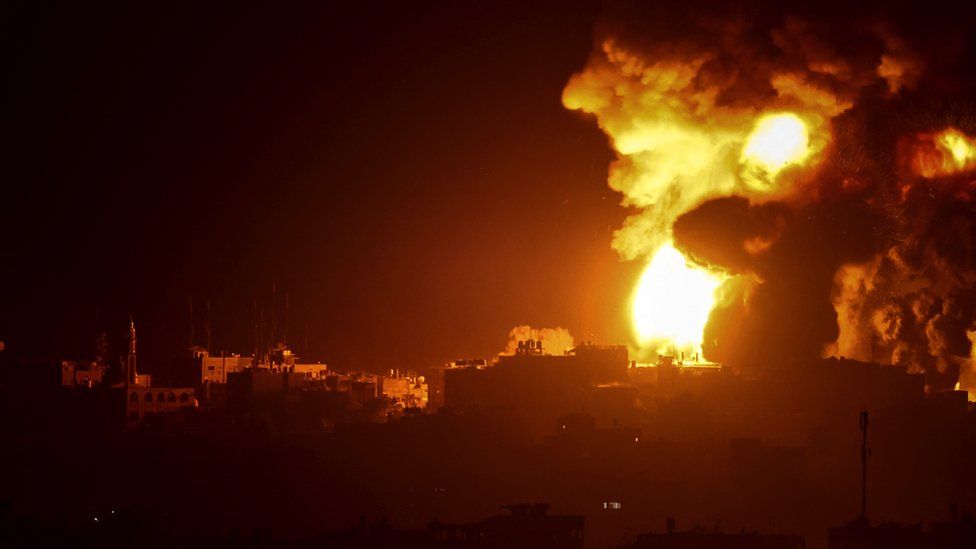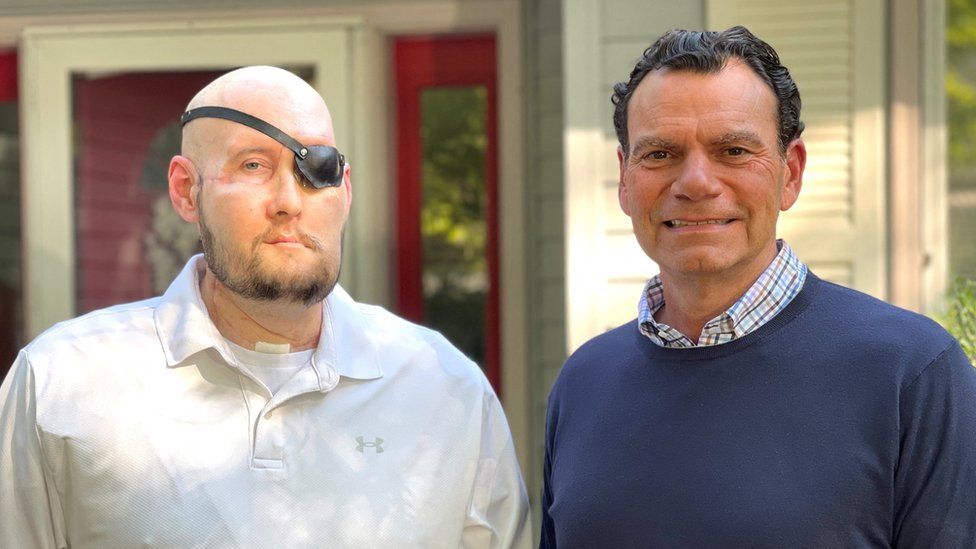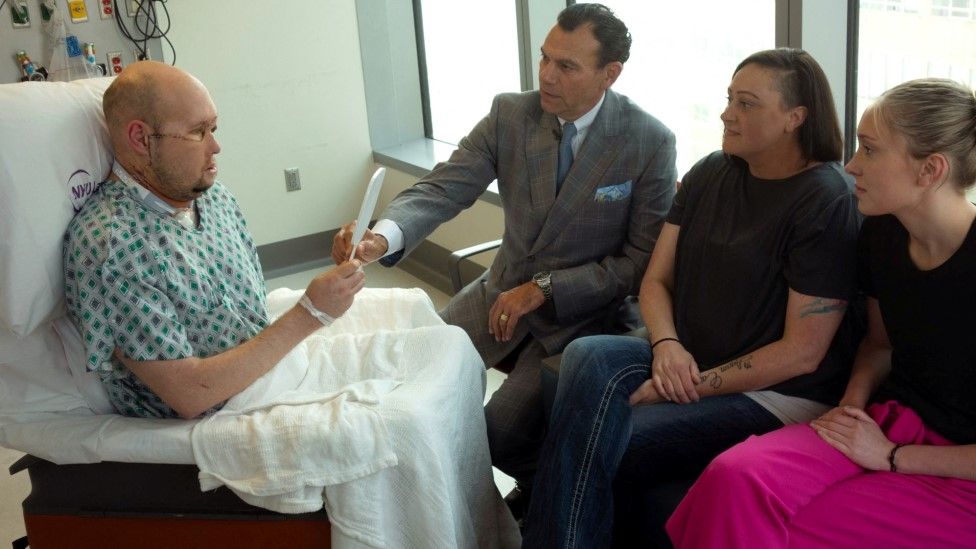






Green Hill


Green Hill

Green Hill

Green Hill
We have over 15 year exprience in Payment consultting arena. We have over 15 year exprience in Payment consultting arena and artficial intelligence.
Sign up quickly, easily and completely online



Earn really high interest and refunds on ATM withdrawal fees* just for doing banking basics.
The Green Hill Internet Banking launches you into a world without limits. It is a robust channel designed with the state-of –the-art technology that gives you unlimited access to your accounts and allows you conveniently perform over 90% of your bank transactions online real-time.

Lending that doesn't weigh you down.We know how hard is it to start something new, that’s why we have the perfect plan for you.

Get in touch with us, and we will help you to create the right one for your business or personal needs.
Get more Latest News and Resources here ...

It's nearly two weeks since Israel launched its ground offensive into Gaza and more than a month since it began intensive air strikes against Hamas, all in response to the brutal attacks in Israel in which more than 1,400 people were killed.
Israel's stated military objective from the outset has been to destroy Hamas, militarily and politically. How much closer is it to achieving that goal, and is it achievable?
As far as Israel is concerned, these are still early days - it has repeatedly said that this operation will be long and difficult. One senior Israel Defense Forces (IDF) official who spoke to the BBC used the analogy of a boxing match: "This is just round four of 15."
No-one in Israel is saying exactly how long the war will last. Some point to the fact that it took nine months for Western-backed Iraqi forces to retake the city of Mosul from the Islamic State (IS)group in 2017. Israel may want to carry on fighting for several more months, though it may not control the timetable, as international pressure for pauses in the fighting or even a ceasefire are growing.
So far, Israel says it has carried out more than 14,000 strikes and killed dozens of high-value targets, including senior Hamas commanders. Each of those strikes will have involved multiple weapons. Yaakov Katz, a military expert and former editor of the Jerusalem Post newspaper, says Israel has already fired more than 23,000 munitions.
As a comparison, at the height of the battle for Mosul, Western allies dropped around 500 bombs a week on IS targets.
More than 10,800 people in Gaza have been killed since the start of the war, according to the Hamas-run health ministry, including more than 4,400 children.
The military says its ground forces have successfully divided the Gaza Strip between north and south, and that its troops have surrounded Gaza City. It claims they are now "deep in the heart of the city", though that is still far from claiming control. Hamas has denied that Israeli forces have made any significant gains or pushed deep into Gaza City.
This initial phase of Israel's ground offensive appears to be going according to plan with its aim of isolating Hamas, and the cost to Hamas is likely to have been high. Estimates at the start of the war suggested that the group had between 30,000-40,000 fighters.
One senior Israeli defence source told the BBC that about 10% of that total - 4,000 fighters - have been killed. Such estimates are impossible to verify and should be treated with caution, but the sheer scale of Israel's bombing campaign will have already degraded Hamas's ability to fight.

In contrast, Israeli military losses appear to have been relatively low. Israel says 34 of its soldiers have been killed since ground operations began. Yossi Kuperwasser, an Israeli intelligence and security expert, says the military is conducting its ground operations "more carefully and cautiously" to avoid heavy casualties among its troops.
It's still not clear how much of Hamas remains in the north, how many fighters may still be hiding in tunnels, or how many might have melted into the local population who have fled south.
The tunnels still present a significant challenge to Israel. Its forces are trying to blow up what tunnels it finds, rather than engage in fighting underground.
More obvious is Israel's significant advantage in terms of intelligence and military capabilities. It can intercept communications and even turn off Gaza's mobile phone and internet networks. It has complete air superiority with Israeli jets and drones able to monitor every movement on the ground, but not below the surface.
One senior Israeli defence source told the BBC that they were still identifying more than 100 new targets each day, although that list is likely to diminish the longer this war goes on. The longer it lasts, the more it will have to rely on troops on the ground to identify and eliminate resistance.

IMAGE SOURCE,
GETTY IMAGES
Image caption,
The Gaza Strip has suffered an intense bombing campaign
Justin Crump, a former British Army officer who now runs Sibylline, a risk intelligence company, says Israel appears to be making reasonable progress given the density of the terrain, but "they're now going to encounter the more heavily defended urban areas of the city".
Israeli troops are better equipped and well-trained, but urban warfare can still prove difficult for the most advanced militaries.
So far, close-quarters fighting on the ground appears to have been limited, and is certainly nothing on the scale of the urban warfare that's been taking place between Russia and Ukraine in cities like Bakhmut. Much of the videos released by the IDF show that it is instead relying on tanks and armour.
Neither has Israel committed all its forces. Some estimate that it may have as few as 30,000 troops inside Gaza so far. That's a relatively small proportion of Israel's total - 160,000 active military personnel plus 360,000 reservists.
Justin Crump says the question is how many of its infantry is it willing to commit to clearing every building and the warren of Hamas tunnels?
Israel could instead chose to target Hamas strongholds. He believes Israel will try to avoid block-by-block fighting, not least because it could lead to very heavy casualties. It would also certainly jeopardise the lives of more than 200 hostages.
Which raises the question as to whether Israel's stated war aim - destroying Hamas - is really achievable. Even senior Israeli officials recognise that destroying an ideology with bombs and bullets is impossible.
Some of the group's leadership isn't even in Gaza. Mr Katz says that if elements of Hamas can survive this war, then they could still claim "because we're still here, we've actually won".
For that reason, Mr Crump believes Israel's war aims could shift from destroying Hamas to punishing it, to make sure it there is no repeat of the 7 October attacks.
Israel is also under increasing pressure to explain what happens next, especially from the US.
One Israeli defence source said Winston Churchill wasn't thinking about a Marshall plan to rebuild Germany, when he helped launched the allies invasion on D-Day in the Second World War.
But wars are rarely won without a plan post-invasion - something that's been completely absent in Israel's military operation so far.

Australia has offered refuge to citizens of Tuvalu because of the catastrophic impacts of climate change, in a landmark new pact.
Tuvalu - a series of low-lying atolls in the Pacific - is among the nations most at risk from rising seas.
It is home to 11,200 people and has repeatedly called for greater action to combat climate change.
Australian Prime Minister Anthony Albanese described it as a "ground-breaking" agreement.
Tuvalu Prime Minister Kausea Natano called it "a beacon of hope" and "not just a milestone but a giant leap forward in our joint mission to ensure regional stability, sustainability and prosperity".
Up to 280 people per year will be granted the new visas, which will allow them to live, work and study in Australia.
It is the first time Australia has offered residency to foreign nationals because of the threat of climate change, the Australian Broadcasting Corporation reported.
"It will be regarded as a significant day in which Australia acknowledged that we are part of the Pacific family, and with that comes the responsibility to act," Mr Albanese told reporters on Friday.
The new treaty - known as the Falepili Union - is the "most significant" agreement between Australia and a Pacific country ever, he added.
It also promises Australian assistance to the nation on climate action and security.
Under the agreement, Australia has committed to defending the Pacific nation from military aggression, and Tuvalu has agreed it will not enter defence pacts with any other countries without Australia's approval.
New Zealand and the US have similar pacts with a handful of other Pacific nations such as Palau, the Federated States of Micronesia and the Cook Islands.
Australia has also pledged funding to help Tuvalu adapt to climate change, including A$16.9m (£8.8m; $10.7) to expand the landmass of its main island by 6%.
Tuvalu has long been grappling with how to protect itself from rising seas.
In September it changed its constitution to say its statehood would remain in perpetuity, even if the impacts of climate change - or anything else - result in the loss of its physical territory.

Surgeons in New York say they have performed the world's first complete eye transplant on a man, although it is not certain he will regain vision.
Aaron James, who survived a high-voltage electrical accident, underwent 21 hours of surgery that replaced half of his face.
Surgeons have been able to transplant corneas successfully for years.
Experts have called the breakthrough a pivotal moment in the quest to restore sight to millions of people.
Mr James, a high-voltage utility line worker from Arkansas, lost most of his face when it accidentally touched a 7,200-volt live wire in 2021.
On 27 May this year, he underwent a rare partial face transplant in addition to the eye transplant - which involved more than 140 healthcare professionals.
Surgeons at NYU Langone Health, who performed the complicated surgery, said on Thursday that Mr James, 46, was recovering well from the dual transplant and the donated eye looked remarkably healthy. His right eye still works.
"The mere fact that we've accomplished the first successful whole-eye transplant with a face is a tremendous feat many have long thought was not possible," said Dr Eduardo Rodriguez, one of the leading surgeons on the team. "We've made one major step forward and have paved the way for the next chapter to restore vision."
Doctors say James' surgery offers scientists an unprecedented window into how the human eye tries to heal.
"We're not claiming that we are going to restore sight," Dr Rodriguez told ABC News. "But there's no doubt in my mind we are one step closer."

IMAGE SOURCE,
REUTERS
Image caption,
Dr Eduardo Rodriguez was one of the surgeons who led the transplant surgery on Aaron James (left)
Doctors said there was direct blood flow to the retina - the part of the eye that sends images to the brain. While there is no certainty Mr James will regain vision in his new eye, doctors do not rule out the possibility either.
"If I can see out of it, that's great," Mr James said in an interview. "But if it'll kick-start the next path in the medical field, then I'm all for it."
Mr James, a military veteran, will continue to be monitored by doctors, but the progress they have seen with the eye is "exceptional" says Bruce E. Gelb, MD, a transplant surgeon at New York University.
The donated face and eye came from a single male donor in his 30s. During the surgery, doctors injected adult stem cells from the donor's bone marrow into the optic nerve to encourage its repair.

IMAGE SOURCE,
REUTERS
Image caption,
Aaron James looks at his new face in the mirror
Mr James is only the 19th person in the US to undergo a face transplant.
His wife of 20 years, Meagan James, told CNN seeing him after the surgery "was a crazy, great, weird, strange, ecstatic, happy feeling".
"I was just happy he made it through, and everything was good in the moment."
After the accident, Mr James had to have his left eye removed because of the pain and has undergone numerous surgeries, including one for a prosthetic arm.
He has called the eye transplant "life changing" and says he is "grateful beyond words" to the donor and their family for making the surgery possible.
"I just look like a normal person walking down the street," he told NBC News.
3490 Paces Pl NW, GA, GA, Atlanta, United States of America, 30327



Please note that Greenhill Union will NEVER ask you to update your account details, provide your PIN (Personal Identification Number), Token Code or password through phone calls, SMS, emails or websites.
DO NOT RESPOND to such emails, text messages, letters or calls informing you of a problem on your account.
Thank you for choosing Greenhill Union.